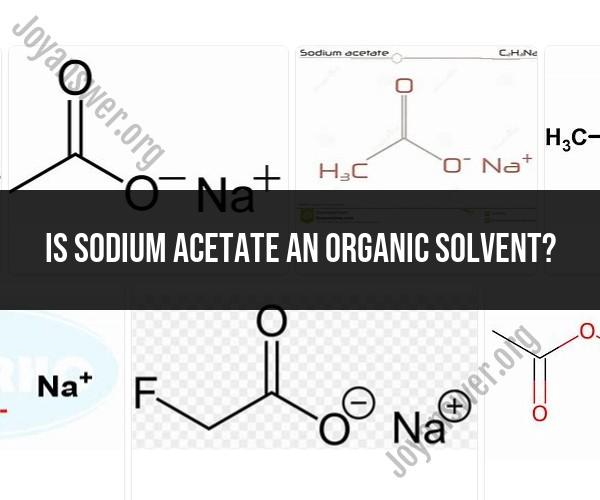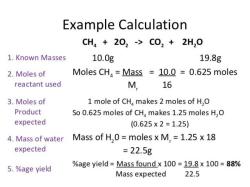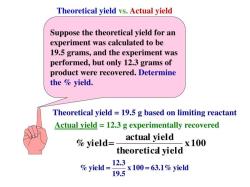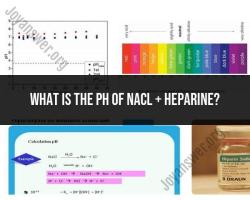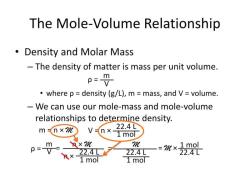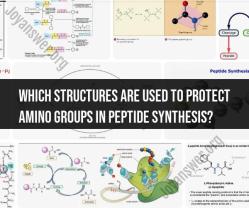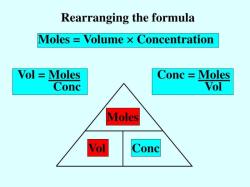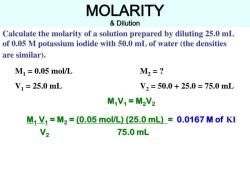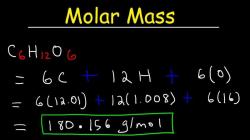Is sodium acetate an organic solvent?
Sodium acetate is not an organic solvent; it is a chemical compound with properties that make it quite different from organic solvents. Here's some information about sodium acetate:
Classification:Sodium acetate is classified as a salt. It is the sodium salt of acetic acid, which is a weak organic acid. The chemical formula for sodium acetate is NaCH3COO, and it is often encountered in its trihydrate form, which is NaCH3COO·3H2O. Sodium acetate is a white crystalline solid at room temperature.
Properties:
- Physical State: Sodium acetate exists as a solid at room temperature but can be dissolved in water to form a solution.
- Solubility: It is highly soluble in water, making it useful for a variety of applications.
- pH: Aqueous solutions of sodium acetate are slightly alkaline, with a pH around 8.5 to 9.
- Odor: Sodium acetate is odorless.
- Flammability: It is not flammable.
Organic solvents, on the other hand, are typically organic compounds (carbon-containing compounds) that can dissolve other organic substances. Common organic solvents include ethanol, acetone, toluene, and chloroform. These solvents are often used for dissolving and extracting organic compounds, such as in chemical reactions, chromatography, and cleaning processes.
Sodium acetate is not used as an organic solvent but is instead used for various purposes, including as a buffer in chemical reactions, a food additive, a pH regulator, and even as a heating pad in its crystalline form (where it can be used for heat therapy).
